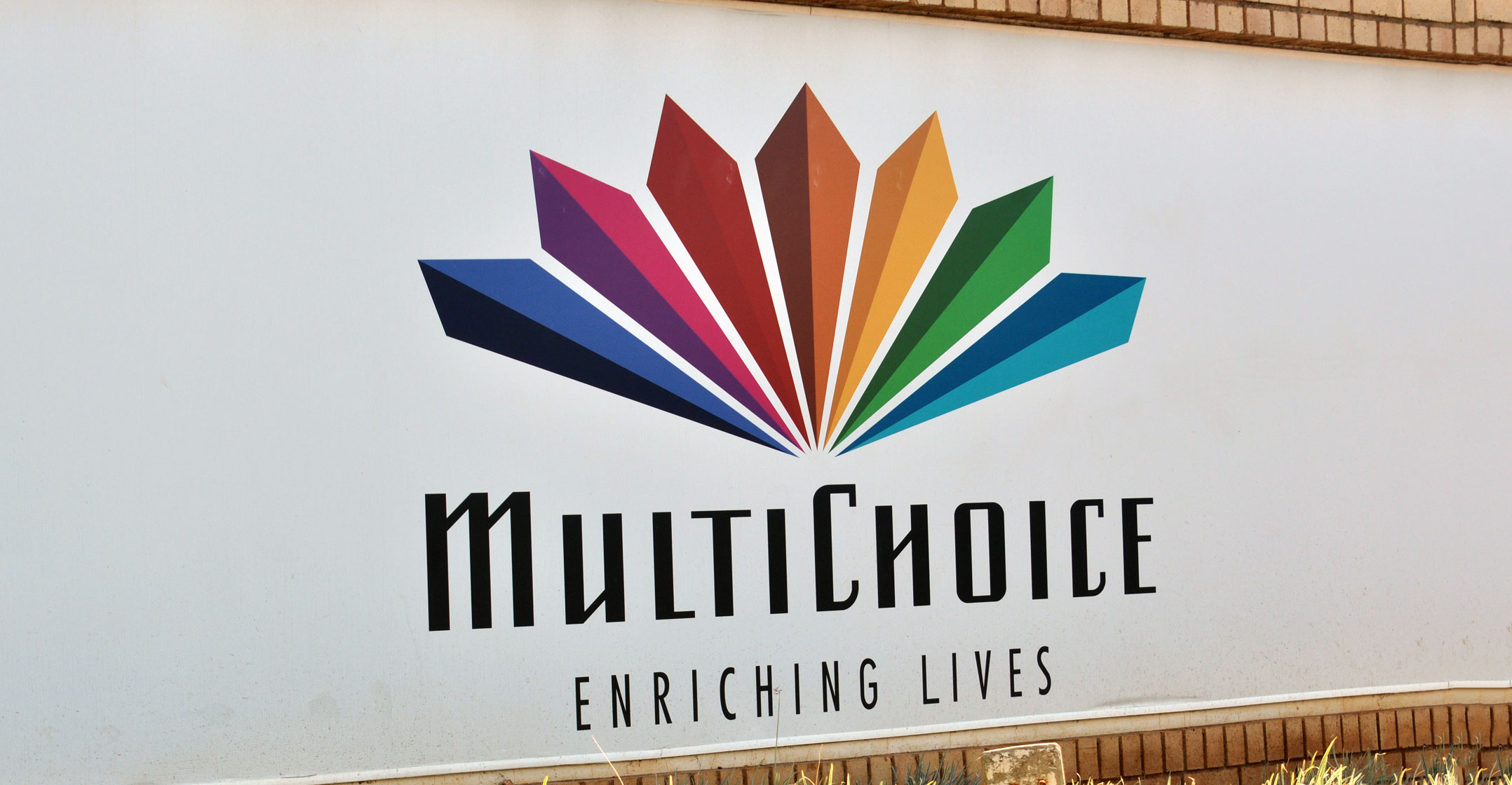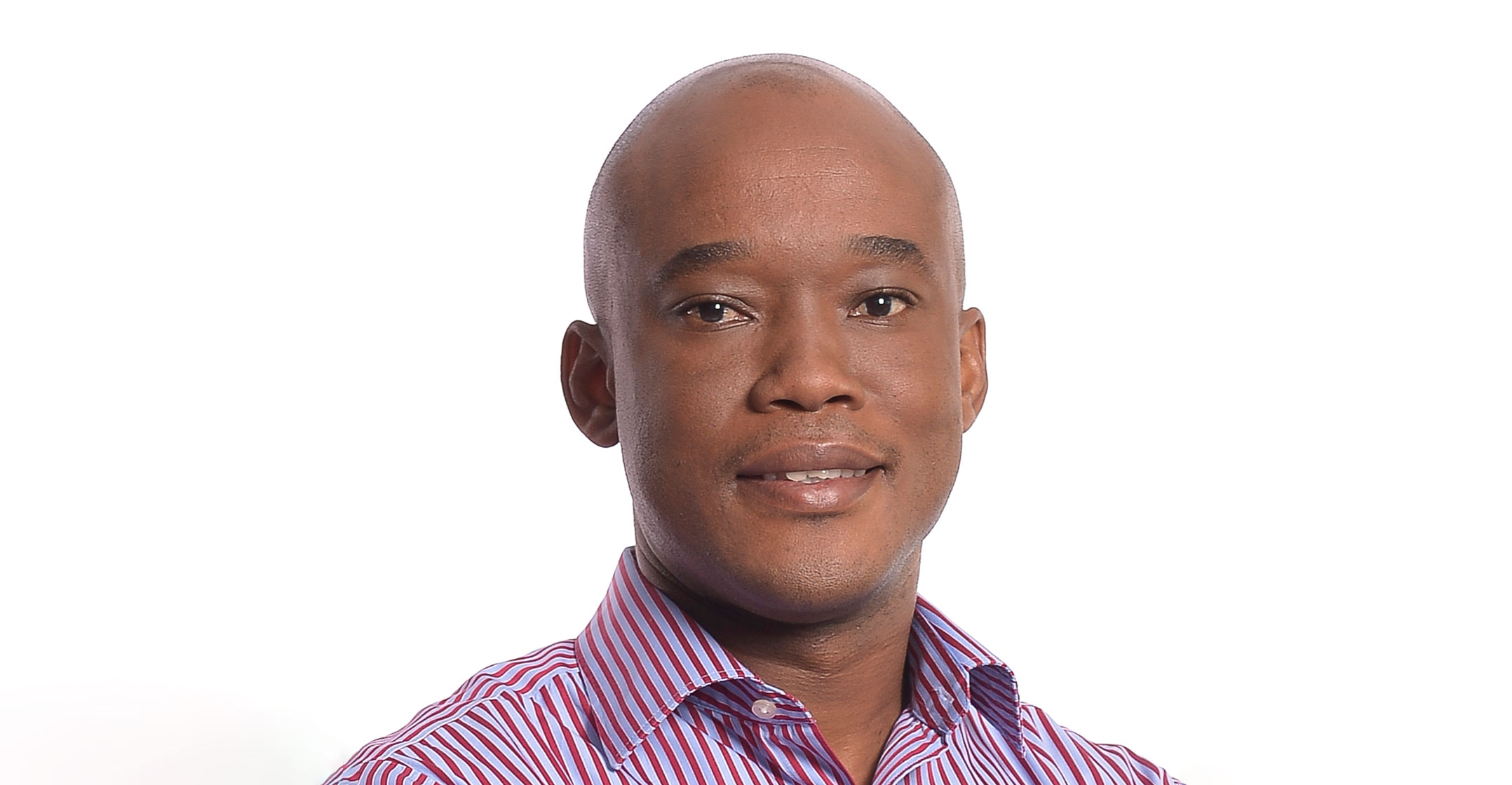One could be forgiven for thinking that the Nigerian authorities are acting opportunistically, if reports of a massive penalty by the Nigerian Federal Inland Revenue Service (Firs) against MultiChoice are true.
Major news agencies have reported that MultiChoice faces a huge fine in that country of around R63 billion – more than the market cap of the entire group.
Read: Nigeria freezes MultiChoice accounts, demands R63-billion
Reuters reported that Firs has instructed Nigerian banks to freeze the accounts of MultiChoice to recover the R63-billion. Nigeria is a key market for MultiChoice, its biggest market outside South Africa.
The news agency reported that the Nigerian tax authority accused the pay-TV group of breached agreements and undertakings and that it lacked data integrity. However, MultiChoice confirmed this week that it still hasn’t received any notification from Firs.
MultiChoice answered questions on the matter with a short statement, similar to the Sens announcement it published at the beginning of July when the problem first surfaced and the share price crashed to a low of R111 before starting a gradual and difficult recovery.
“Here is the response from MultiChoice and there’s currently nothing further to add,” a spokesman for MultiChoice said in response to queries. “We have read the media reports and the statements made by the Federal Inland Revenue Service. MultiChoice Nigeria has not received any notification from Firs.
“MultiChoice Nigeria respects and is comfortable that it complies with the tax laws of Nigeria. We have been and are currently in discussion with Firs regarding their concerns and believe that we will be able to resolve the matter amicably,” the group added.
‘Unfounded allegations’
It said in an earlier announcement that the “matter is apparently based on unfounded allegations that MultiChoice Nigeria had not fully disclosed all existing subscribers to authorities”.
“We have engaged openly with Firs and the engagements are ongoing in a transparent and constructive manner. We believe that this matter will be amicably resolved,” MultiChoice noted.
The Nigeria issue raises important questions that nobody seems able to answer. For one thing, there is the question about the role of a tax authority in what looks like a licensing or operational issue, rather than a tax compliance issue.
MultiChoice did not answer the question of how, or if, the number of subscribers to its television services affects its tax liability.
A lot of questions can be asked about how the Nigerian authorities calculated the penalty. Once again, the R63-billion penalty looks rather opportunistic. It reminds one of the huge penalty MTN Group received years ago (it ended up paying about 10% of the original fine).
Vaughan Henkel, head of equity research at PSG Wealth, said the R63-billion penalty for allegedly not disclosing all existing subscribers to relevant officials is equal to eight times MultiChoice Nigeria’s revenue in the last financial year. “It is not too dissimilar to the fine imposed on MTN by Nigerian authorities in 2015. We believe that the fine is excessive and will eventually be negotiated down,” he said.
“Given the size of MultiChoice’s Nigerian assets, we think the fine in a worst-case scenario would be in the region of R4-billion to R5-billion, with the scope to decrease materially, as was the case with MTN,” he said.
In 2015, MTN was slapped with a fine of more than US$5-billion, which was later reduced to less than $1-billion, for not registering users on its cellular network as it was supposed to.
Priced in
A few years later, the Nigerian central bank had an issue with MTN, alleging that it transferred more than $8-billion in profit back to South Africa without proper authorisation. MTN had to pay a fine, as did the banks that effected the transactions.
With regards to the MultiChoice fine, Henkel said the market seems to have already priced in that it will be reduced. He said there is seemingly no information on how the fine was calculated. “We have no information on the formula and, given the lack of formal communication, are unable to calculate or verify the fine.
“The fundamental issue is that there is a dearth of hard information. We are trying to calculate the downside risk for investors. In essence we need to await developments,” said Henkel.
MultiChoice was doing well until the damaging news reports about the fine came out in early July. It published a trading update on 4 June, sharing the good news that core headline earnings per share for the year to March 2021 would be between 32% and 37% higher than the prior year. Trading profit was expected to be between 25% and 30% higher than the R8-billion reported in financial 2020.
MultiChoice announced excellent results on 10 June, noting that it increased its 90-day active subscriber base by 1.4 million, to reach 20.9 million. It was one of the companies that benefitted from Covid-19 restrictions. Management noted that growth was accelerating, improving to 7% year on year, driven by heightened consumer demand for video entertainment products, continued penetration of the mass market and an easing of electricity shortages in Southern Africa.
“The Covid-19 pandemic taught us about the art of the possible,” said CEO Calvo Mawela at the time. “We started the year confronted with severe disruptions to our programming schedules, bleak macroeconomic forecasts for many of our markets, and sharply weaker currencies. In the face of these challenges, our teams rallied together, and we delivered on all our key performance metrics and provided more value to our shareholders by declaring a R2.5-billion dividend.”
Analysts and fund managers were happy. MultiChoice is very much a cash cow – maybe in her later years – but still producing. It is an easy company to run with the only challenge being the purchase of TV shows at good prices in US dollars when selling them in weak African currencies. This raises the question of whether the sensationalist news presents an investment opportunity. However, the share price has recovered from its lows of R111 and is back to R122/share.
Undervalued?
Simply Wall Street uses a quantitative model to value shares based on free cash flow, which returns a fair value of R265 for the share, mentioning that MultiChoice is currently trading at discount of more than 50% to its fair value. This valuation looks a bit on the high side. It cautions investors that the dividend is a bit rich, saying that dividend cover is low.
PSG Wealth valued MultiChoice at R147/share on a discounted cash flow basis, suggesting a discount of around 25%.
“With a potential financial penalty, we suspect that the group may face possible pressure on the dividend and highlight a scenario where future dividends may be at risk,” warned Henkel. “Therefore, we believe this investment would not be suited to investors who are looking for dividend income. However, if an investor believes in the growth potential of MultiChoice as a business, then a long-term investment could be considered if it fits the investor’s financial plan and long-term objectives.”
He pointed out that the “unpredictable actions” of Nigerian officials lead him to dismiss a non-monetary “resolution” in this case. MultiChoice Nigeria has approximately R4-billion in assets, of which about R2.3-billion is cash. The entity also has around R23.4-billion in liabilities, according to the PSG research report.
It noted that the bulk of liabilities is due predominantly to MultiChoice Africa Holdings (the South African holding company).
PSG said it is unrealistic for the group to entertain paying more than the assets are worth, as it would then be in the group’s best interest to simply exit Nigeria.
Africa remains a huge (potential) market for MultiChoice. Nearly half its subscriber base of nearly 21 million is on the African continent outside of South Africa. Unfortunately, MultiChoice’s results for the past financial year show that the potential is still to be turned to profit, and cash.
The “rest of Africa” operations are still suffering losses – R1.4-billion in the year to March 2021 on revenue of R17.1-billion. By comparison, the South African operations produced a trading profit of R11-billion on revenue of R34-billion.
Strong growth
There is still a long way to go to profitability and the huge Nigerian market is important. MultiChoice saw strong growth in Nigeria over the past year. Subscriber numbers increased 9% and subscription revenue increased 20% to R6.8-billion.
Unfortunately, MultiChoice is not getting the money. “Liquidity challenges continued in Nigeria throughout the financial year, and although being actively managed, cash balances in Nigeria increased R0.8-billion to close at R2.3-billion,” said management.
The problem is that the money is stuck there because the country has very little foreign exchange due to a recent years of lower oil prices.
MultiChoice shareholders need to be patient and, apparently, willing to take more risk than one would normally expect when looking at a dependable cow.
- This article was originally published on Moneyweb and is used here with permission



 One could be forgiven for thinking that the Nigerian authorities are acting opportunistically, if reports of a massive penalty by the Nigerian Federal Inland Revenue Service (Firs) against MultiChoice are true.
One could be forgiven for thinking that the Nigerian authorities are acting opportunistically, if reports of a massive penalty by the Nigerian Federal Inland Revenue Service (Firs) against MultiChoice are true. MultiChoice did not answer the question of how, or if, the number of subscribers to its television services affects its tax liability.
MultiChoice did not answer the question of how, or if, the number of subscribers to its television services affects its tax liability.
 He pointed out that the “unpredictable actions” of Nigerian officials lead him to dismiss a non-monetary “resolution” in this case. MultiChoice Nigeria has approximately R4-billion in assets, of which about R2.3-billion is cash. The entity also has around R23.4-billion in liabilities, according to the PSG research report.
He pointed out that the “unpredictable actions” of Nigerian officials lead him to dismiss a non-monetary “resolution” in this case. MultiChoice Nigeria has approximately R4-billion in assets, of which about R2.3-billion is cash. The entity also has around R23.4-billion in liabilities, according to the PSG research report.